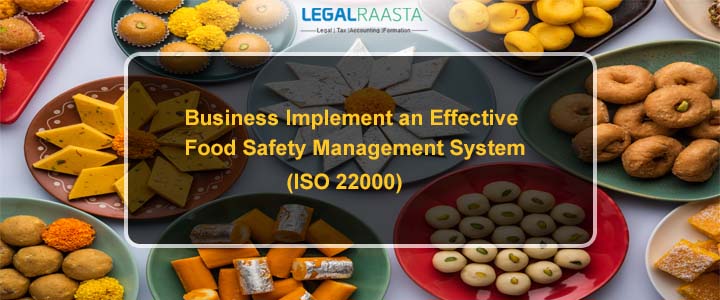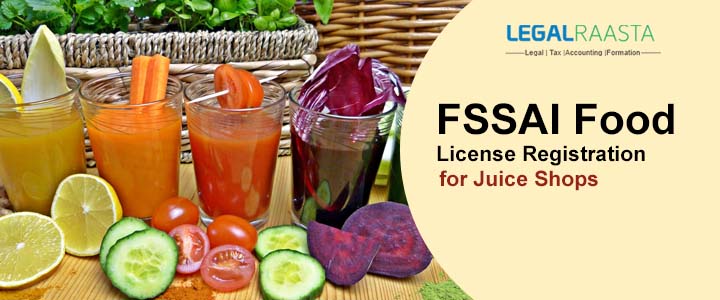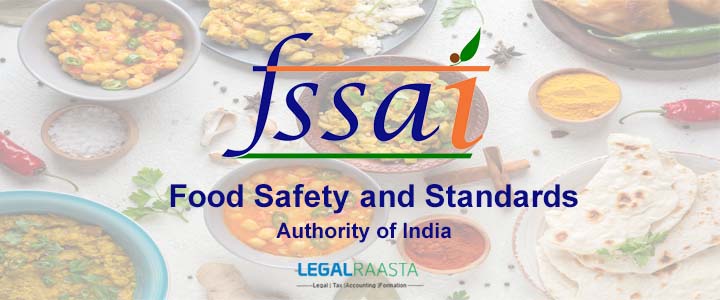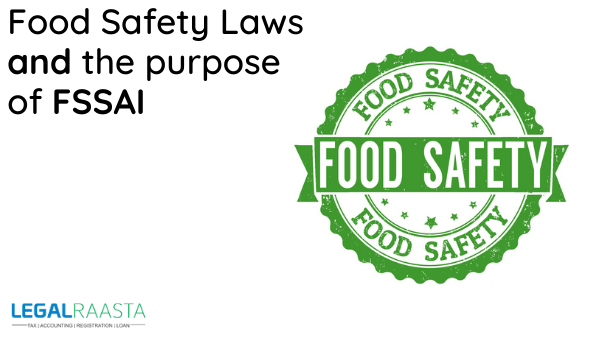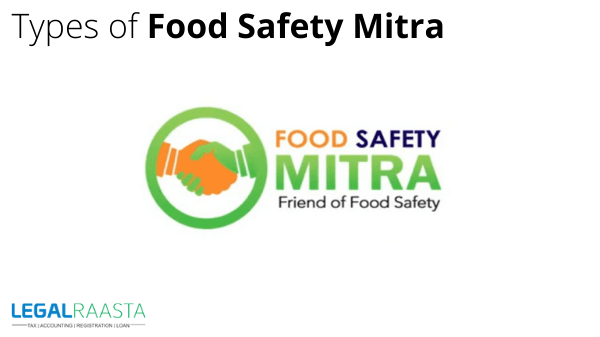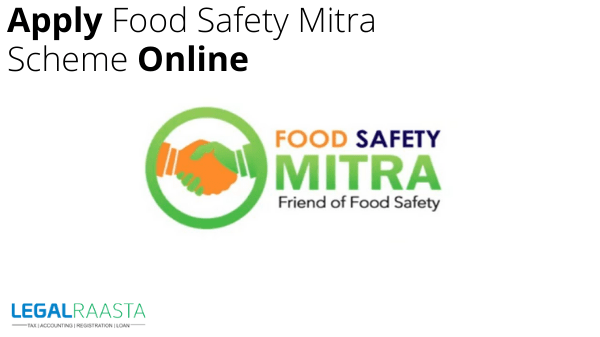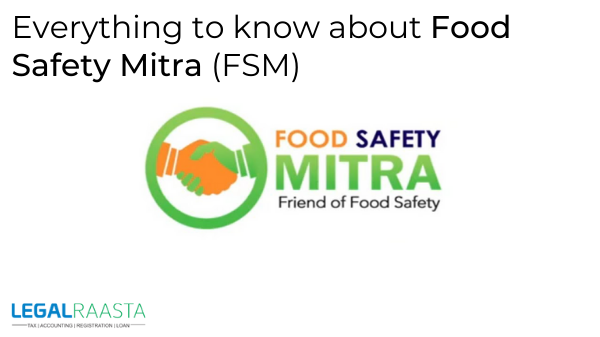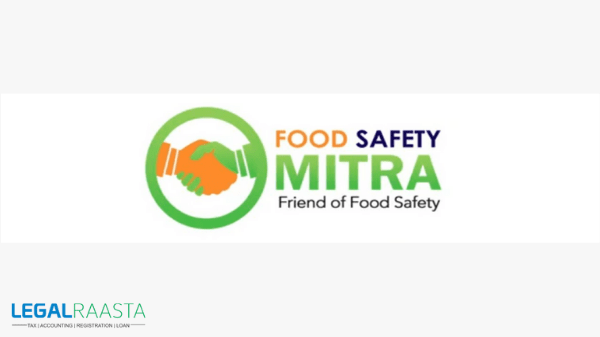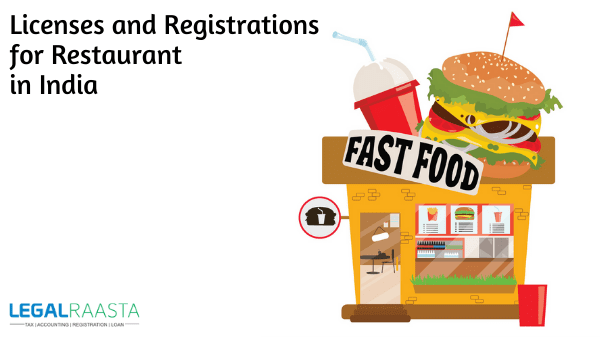How Can Your Business Implement an Effective Food Safety Management System (ISO 22000)?
Anyone who has worked in the food industry or for a company knows how crucial safety management is. Just like in many other organizations and industries, there is a way for standardizing food safety. Businesses in the industry must adhere to the rules and make sure they are certified by the certifying organization.
International standardization, also known as ISO certification, is an outcome- oriented certification that also establishes some essential standards for improved food safety. The main goal of the standardization procedure is to raise or improve the food’s degree of safety in order to prevent harmful effects that endanger consumers’ health. Therefore, while analysing research or reading somewhere about the number of certificates in a particular country for a given Standard, be very cautious of this. Let’s analyses the ISO 22000 certification’s food safety management system in this blog.
What is ISO?
ISO develops and publishes a wide range of proprietary, industrial, and commercial standards and is made up of representatives from various national standards organizations. IAF’s official website is located at iaf.nu. Each and every ISO certificate has three phases and a three-year validity period, (1) starting with the initial phase. (2) Audit-I of surveillance. (3) Audit-II of surveillance.
We stress that the ISO Survey should not be judged in terms of absolute figures, such as the precise number of certifications for a certain Standard, but rather in terms of growth trends, percentages that were higher or lower, growth highlights, and growth scenarios, among other factors.
What is ISO 22000’s Food Safety Management System (FSMS)?
A set of doable and straightforward rules are included in the food safety management system for business owners in the food sector. The FSMS programme seeks to lessen and avoid many dangerous food-related health concerns. A consumer’s health may be negatively affected by food in a life-threatening way. The ISO 22000 certification’s standardization and global laws assist the businesses in adhering to the requirements for food safety.
The voluntary safety standardization program’s goals are in line with the WTO’s worldwide standardized development principles and GSP (Good Standardization Practices). The program’s ultimate goal is to guarantee the highest level of food safety in order to protect both the reputation of the business owner and the customers’ health. It accomplishes two things at once and benefits the industry’s operations.
An overview of ISO 22000
A few key components of the ISO 22000 standardization programme describe the goal and value of the certification programme. Interactive communication, system management, prerequisite programmes, and HACCP principles are essential components of ISO certification.
Between the chain of food suppliers, distributors, and consumers, interactive communication helps to build confidence and trust. The owner of a food business might not have a direct line of contact open with the aforementioned organizations. The ISO certification attests to the reliability of the sold and consumed goods.
In this context, system management refers to the procedure by which operators of food businesses demonstrate the legitimacy of the safety management system set up in their business operations. To make sure that the rules are effective, the FBOs carefully adhere to certain criteria in the system management process.
PRPs (precondition programmes) have clear ISO definitions. A series of core procedures and tasks known as ISO certification serve to assure food chain safety management. The certifying body’s listed activities are essential criteria for offering items of the highest quality. As a result, it is clear that the prescribed actions and rules start at the ground level in order to provide the highest level of consumer safety.
Also Read – Food Safety and Standards Authority of India
HACCP (Hazard analysis and critical control points). Operators in the food industry need to keep these guidelines in mind. Conducting a food hazard analysis and defining the essential controlling criteria for operators of food businesses are essential steps. The CCPs are nothing more than procedures that aid in identifying potential food hazards. The FBO values each crucial controlling pointer.
Importance of a food safety management system
There are many different types of foodborne illnesses, and they can have fatal consequences for your health. If more than two consumers experience the same health issues, the food may be labelled as dangerous. To assess the situation, the authorities can look into it. The likelihood of encountering such issues decreases if the owner of a food business adheres to the principles of the food safety management system, thus obtain ISO certification from a reputable organization is very essential. Therefore, it is crucial for all food industry operators to follow the rules and create an effective food safety management system. So, LegalRaasta, which grows your system more successfully, can be contacted if you need any assistance with ISO Registration Processes.
How does ISO certification or the food safety management system benefit a business?
The business owner can reduce the danger of health hazards by adhering to well specified procedures. Businesses having a sterling reputation for reliability and compliance with the rules. It assists companies in avoiding regulatory issues and legal claims over food safety. The company can avoid errors by using a totally effective food safety management system. With the effective implementation of a food safety management system, making poor purchasing selections, poor budget management, poor contamination management systems, and other common faults can be readily avoided.
ISO 22000 certification advantages
- All owners and operators of food businesses should take a proactive attitude. The company’s ISO 22000 certification confirms its high level of reliability. Along with the trust element, there is further room to enhance the food safety management system. Operators of businesses can choose and carry out management improvement measures.
- Did you know that the cost can be reduced by using the ISO Certification mark? Yes, it brings down testing costs. For quality assurance and safety management, you can choose how frequently tests are conducted. It demonstrates the careful approach used by the firm owners, which lessens the need for frequent testing.
- Customer happiness is one of the numerous advantages of having an ISO certification. The ISO contributes to every area, from better production to better packaging, making it simpler for consumers to rely on the consumables. They may put their complete trust in the brand and use the products with confidence!
- Finally, it demonstrates the company’s transparency. The ISO assurance and certificate are necessary for maintaining the business’s integrity. For the production of a top-notch product, test compliances are crucial and effective.
Also Read – Who Requires ISO Certification
Fundamentals of Hazard Analysis Important Checkpoints (HACCP)
The HACCP standard approach is composed of seven guiding principles. These include:
- Carrying out a hazard analysis.
- Identifying or recognising crucial turning points.
- Defining the upper and lower critical limits.
- Establishing a CCP management monitoring system.
- Definition of corrective action for a CCP management critical point deviation.
- Steps for confirming the corrective HACCP plan and ensuring improved control.
- Create documentation demonstrating adherence to laws and actions.
Final note
Any company involved in the food industry should think about applying for accreditation from the IRQS. By developing a well-defined food safety management system and adhering to the HACCP principles for improved monitoring, exercise caution and achieve the ISO 22000 certification for better food safety. We sincerely hope you enjoy reading our blog and will spread the word on it on your other social media accounts. Contact Legalraasta to register for ISO certification and obtain certification for your business.

